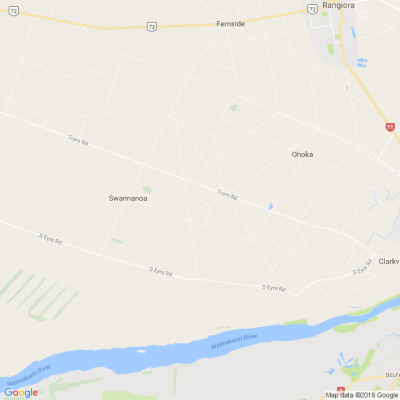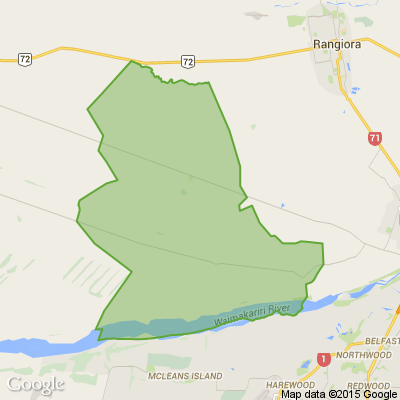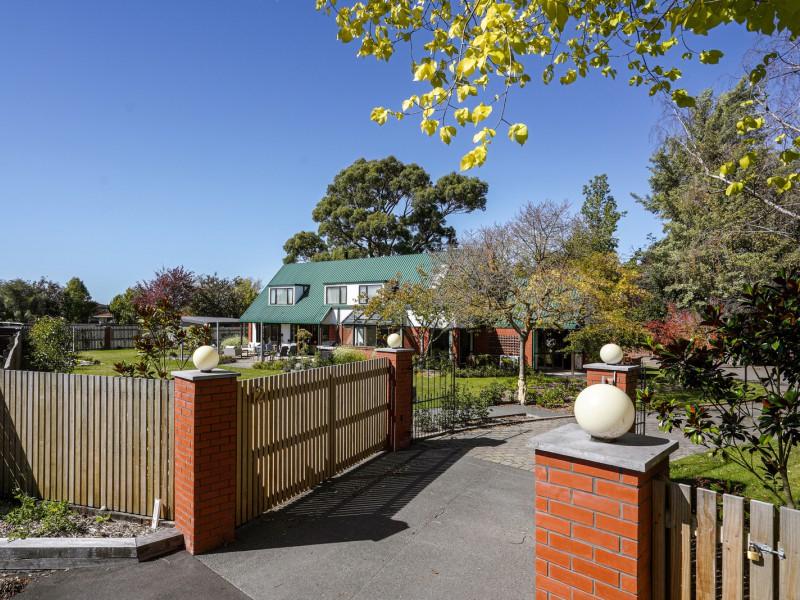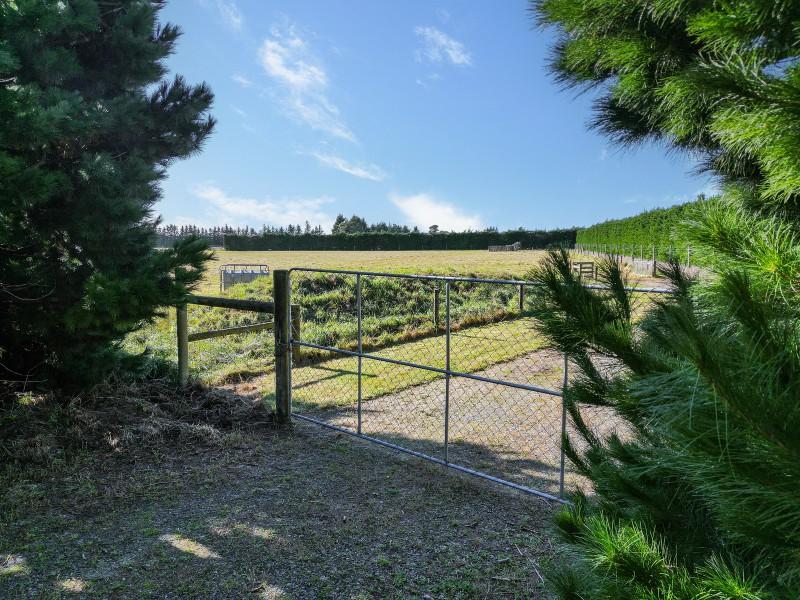Building in flood prone area comes at a cost
By David Hill, Local Democracy Reporter
If you choose to build in a flood prone area you can expect to pay more, says a Waimakariri councillor.
Councillor Robbie Brine said new floor level guidelines will increase foundation costs for house builds in areas at risk of flooding, including beach communities.
However, he said it was a necessary move to reduce the risk.
The Waimakariri District Council approved a revised technical note on floor level guidelines at a council meeting on Tuesday.
The revised guideline means all houses built in a low flood risk area will need freeboard floor levels 500mm above the ground to be prepared for a one in 200-year flood.
Affected areas included beach communities, parts of Kaiapoi and other low lying areas.
Brine said when he built a house at Waikuku Beach he had to raise the floor level by an extra 150mm.
‘‘If you want to live at a beach there are risks involved and this extra cost is to mitigate those risks.’’
He said he supported the previous regulations, which led to his inflated foundation costs.
‘‘I am a climate change believer and I believe you have to plan for the future and manage that risk.
‘‘It has cost us, but if you don’t plan for the future you are a fool.
‘‘You look at councils in the North Island getting hammered for a lack of foresight. People are asking ‘why did you let us build here’."
The new guideline considers up to date flood hazard models, new government regulations and the Canterbury Regional Policy Statement.
The policy statement guides councils on the resource management issues in the Canterbury region.
Mayor Dan Gordon said the council had a responsibility to mitigate risk.
‘‘I have been aware of a number of people who have been through a build and have had to look seriously at the costs.
‘‘But if we don’t make sure these risks are managed, we will be in the gun.’’
But councillor Paul Williams said he was concerned the council was adding unnecessary costs on to builders and homeowners.
Councillor Philip Redmond said he also had reservations, but understood the reasons behind it.
‘‘It is not the total solution. While the floor levels help to protect your home from flooding, it doesn’t help with access in a flood, because you could become marooned.’’
Waimakariri District Council utilities and roading manager Gerard Cleary said rainfall data had changed little, but council staff now had more detailed modelling available, particularly for coastal flooding.
He said LIM reports will show the new mapping data in future.
The council approved its most recent practice note last year, but staff had found some inconsistencies which prompted the latest review.
■ LDR is local body journalism co-funded by RNZ and NZ On Air.

Poll: Is your nearest emergency department up to scratch?
Concerns have been raised about Nelson Hospital with complaints of lack of staffing and excessive wait times. Do you have confidence in your local emergency department?

-
36.7% Yes, it serves us well
-
62.5% No, I have concerns
-
0.8% Other - I'll share below
🏆 Only the Quickest Minds Will Get These Right… Are You One of Them? 😏
Give this puzzle a whirl, can you figure it out?
Do you think you know the answer? Simply 'Like' this post if you know the answer and the big reveal will be posted in the comments at 2pm on the day!
Want to stop seeing these in your newsfeed?
Head here and hover on the Following button on the top right of the page (and it will show Unfollow) and then click it. If it is giving you the option to Follow, then you've successfully unfollowed the Riddles page.

💡 A Little Brain Buzz for You— Solve These! ⚡
You can ask this question all day long and get a completely different answer, yet all the answers will be correct. What is the question?
Do you think you know the answer? Simply 'Like' this post if you know the answer and the big reveal will be posted in the comments at 2pm on the day!
Want to stop seeing these in your newsfeed?
Head here and hover on the Following button on the top right of the page (and it will show Unfollow) and then click it. If it is giving you the option to Follow, then you've successfully unfollowed the Riddles page.









 Loading…
Loading…






















